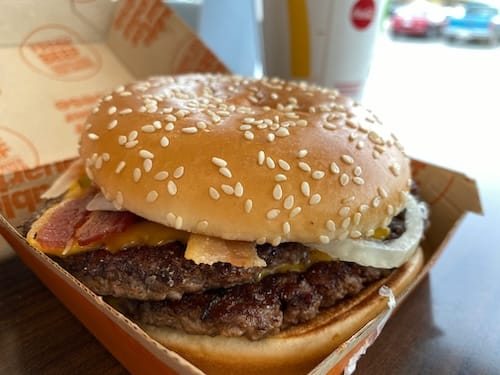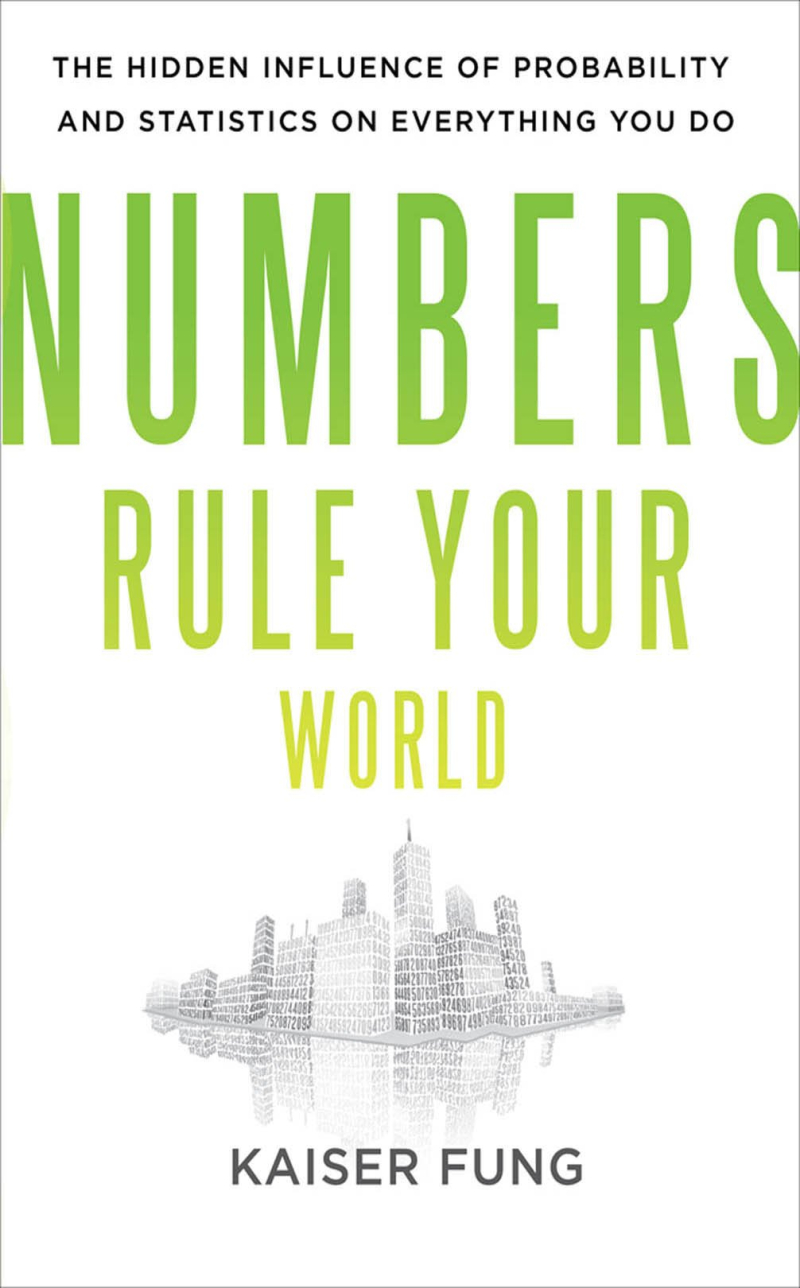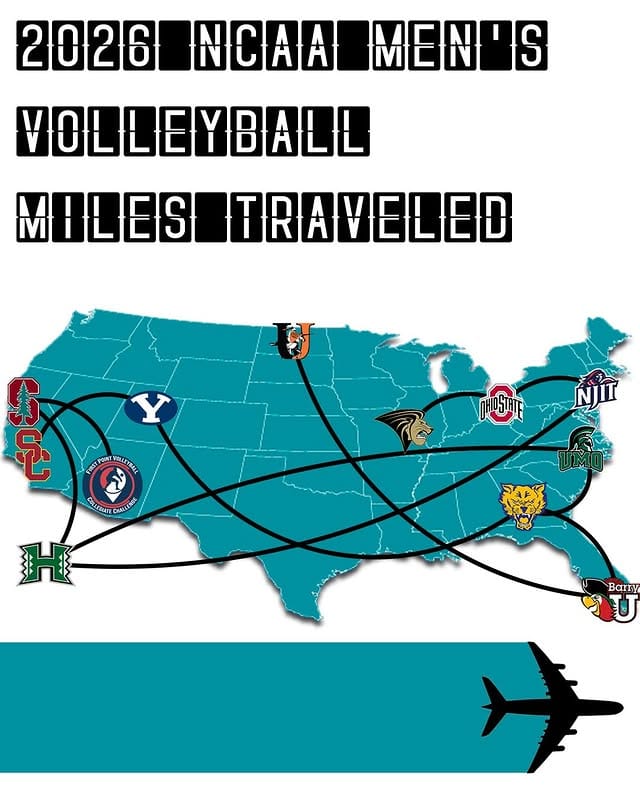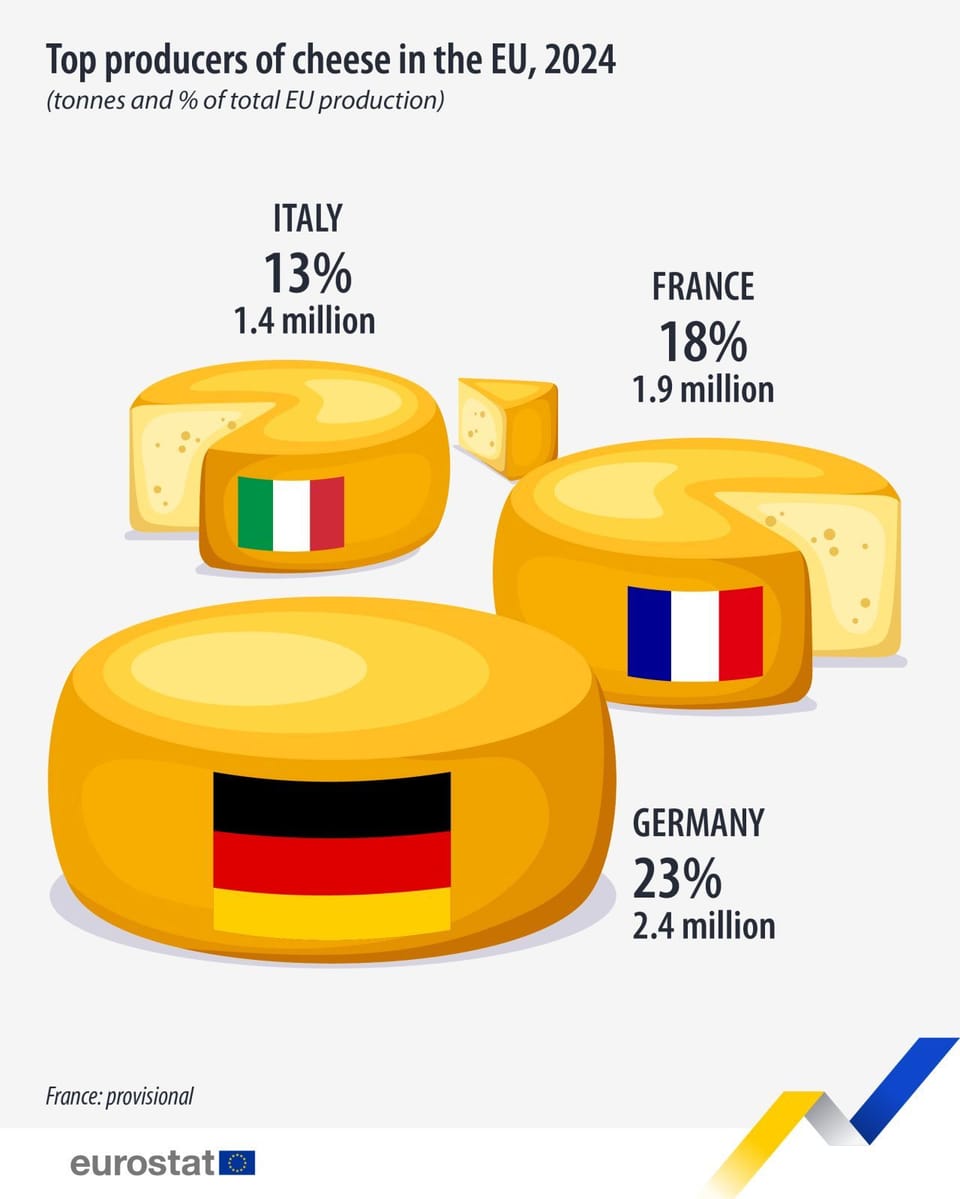The science behind food recalls
What do we know about the McDonalds onion recall?

McDonalds is having a moment. It's got our attention when Trump used it to make a political statement, then it got implicated in a food recall. The FDA thinks that at least 75 people have gotten sick and one person died after consuming burgers, and the culprit is thought to be the raw onions inside the burgers. (link)

***
In Chapter 2 of Numbers Rule Your World (link), I praised the science of tracing food outbreaks but readers also learn that these investigations are far from infallible.

The challenge arises because people eat a variety of foods, and when only a few people are getting sick, it's hard to tell where the E.coli has come from. The initial investigation is done using questionnaires to collect as much information as possible about what people consumed. Even this is hard, because of timing issues. Once the data are collected, then some math is used to infer which foods are most likely the culprit.
According to this CDC release, they were able to interview 42 of the sick people, and all of them have eaten at McDonalds prior (how long ago?) before getting ill. Further 86% of them ate a quarter pounder. That's all they have released so far. It sounds very damning and definitive. Yet it is misleading.
We are missing information on any control subjects i.e. similar people who didn't get sick. It's possible that similar people also have high probability of eating at McDonalds, and that a high proportion of McDonalds patrons order quarter pounders. We need a case-control study, and the press release only mentions the cases.
In a perfect world, everyone who got sick ate one common thing and everyone who didn't get sick didn't. But we don't live in a perfect world. So, the result of the investigation is an educated guess.
For example, as far as I could tell, no reporter has asked the hard questions yet: they were first blaming quarter pounders, then they said it's the raw onions inside the quarter pounders... but, does this imply that McDonalds have different supplies of raw onions, and they only use Taylor Farms on quarter pounders, and use a different source of onions on other items?
Also, according to the article, Taylor Farms also supply onions to other fast-food chains, so why is the current outbreak limited to McDonalds? How come the people who ate the same onions supplied to Burger King didn't get ill?
***
Sometimes, these investigations chance upon very good leads, and it is possible to trace the contamination back to a specific batch from a specific plot of land. Sometimes, they might even be able to find the source of E.coli at the farm.
This investigation isn't that kind, though. It seems like it's so far mostly guessing based on scarce data.
***
What else do we know about food recalls from Chapter 2?
Food recalls are very expensive because everyone is throwing stuff away based on "an abundance of caution".
The benefits of food recalls are hard to nail down.
Most contamination events are temporary, and affect only certain batches of produce during a limited time window. Thus, whether or not there is a recall, these perishable goods will leave the food supply eventually, and new cases will vanish. It's very difficult to ascertain if the recall prevented any cases. Indeed, given the time it takes to investigate, and organize recalls, it's quite likely that the crisis is over before the recalls even start.
That's not to say food recalls have zero benefits. It's just not as obvious as one thinks.



